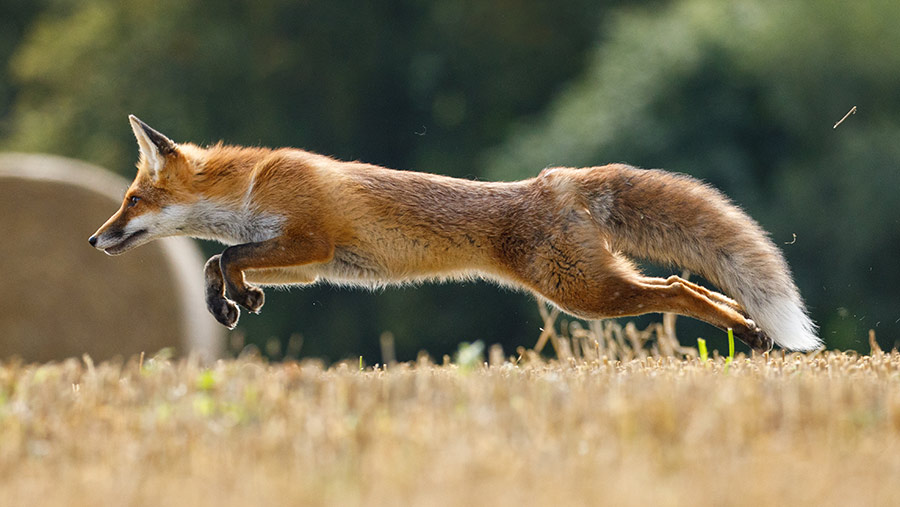Opinion: Fox control policy should be evidence-led
 © Vaclav/Adobe Stock
© Vaclav/Adobe Stock The morning after the King’s coronation, radio commentators shared opinions about what he might do for the country.
One contributor zeroed in on foxes. The Royal Family is a country sports family, he said, and most people think foxes should be left alone.
A sweeping assumption about a controversial topic may be the bread and butter of broadcasting, but the vulpine subject is a living nightmare for many sheep farmers.
See also: Opinion – workable public access depends on ‘respect’
Especially in the uplands, where lambing on the hill can be the only option, we vehemently disagree that foxes should be left to their own devices.
In the Highlands, most crofters I know consider fox control to be vital.
And though we might not refer to it as “sport”, there is an undeniable sense of satisfaction in a job well done when removing a confirmed lamb killer.
I’ve been at active dens on a bitter night, the black bulk of the Cuillin mountains looming in the distance as a snow shower makes your teeth rattle and your terrier tremble.
Waiting for “herself”, as the vixen is known, to peek briefly over the clifftop or creep in among the boulders.
For a split second, it will be possible to shine the lamp and take the shot.
Hunting hill foxes takes dedication, resilience, and a strong understanding of their habits and terrain. We don’t need horses or beautiful clothes, but we still have our traditions.
Fox control is woven into indigenous life here. A way of life that’s under threat, partly from advancing technology, but mostly because our elected representatives – like media commentators – are increasingly less in tune with the views of ordinary rural people.
The Scottish government has just dealt another blow to the uplands by banning the use of more than two dogs for fox control.
Ours is a challenging landscape. There are times when a pack of hounds is the only way to flush a fox to guns, putting an end to its predation of livestock and wildlife.
Ignoring the evidence that using multiple dogs results in better outcomes, ScotGov pushed ahead with its ideological law.
With 83% of Scotland’s population living in urban areas, there is neither the will nor the integrity in our legislature to govern for rural life. Our community’s knowledge is ignored.
They gave us a sweetener – we can apply for a licence to use more than two dogs. But the rollout of that licensing system has been hugely problematic.
Whether it is workable on the ground remains in question.
As I write, Keir Starmer is making his party conference speech. He promises his party will put the country first.
When politicians say they’ll govern “for the whole country”, they mean they’re supremely confident they know what’s best for everyone.
This is disingenuous. It isn’t possible to govern without making trade-offs. No government can please both radical animal rights ideologists and farmers at the same time.
Politicians’ self-belief gives them the determination to push through policies we know from bitter experience will damage our businesses, our environment and our communities.
Most British people aren’t affected by fox predation, so they don’t have an evidence-based opinion. Policy must be evidence-led.
It’s ironic to hear radio commentators complaining about the monarchy, when the real tyranny resides in our parliaments.

